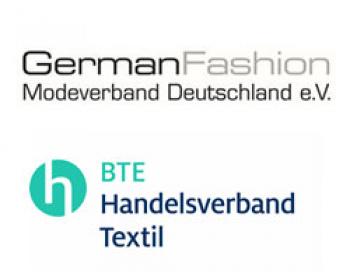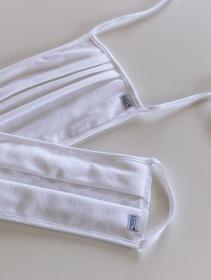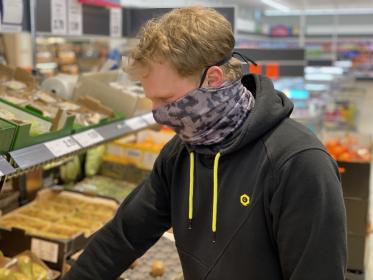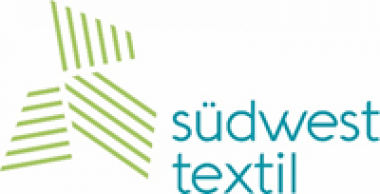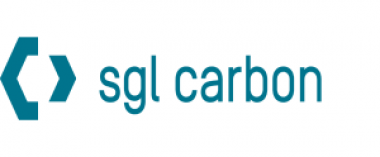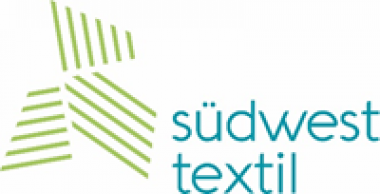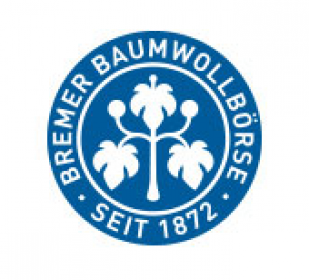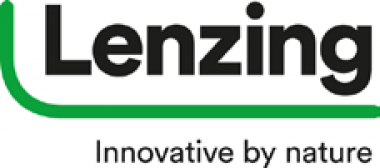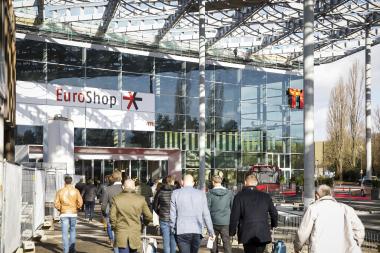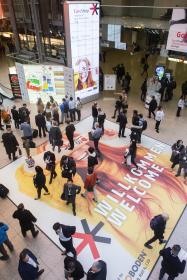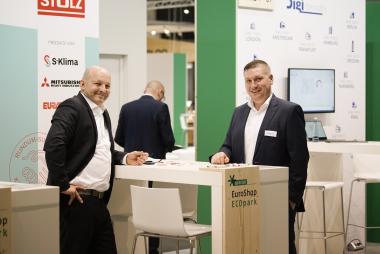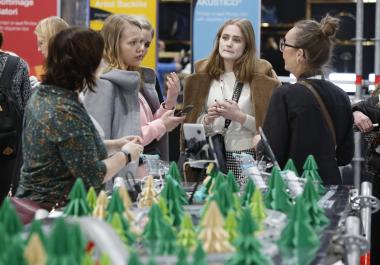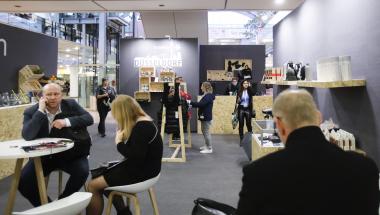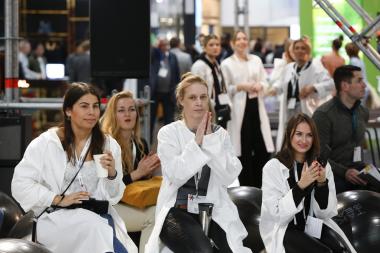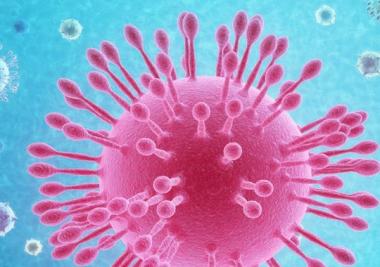Zuse-Gemeinschaft: Industrieforschung benötigt zielgenaue Hilfen
Das am 25. März vom Bundestag verabschiedete Paket zur Eindämmung wirtschaftlicher Folgen der Corona-Pandemie enthält im Gesamtumfang beispiellose Hilfen für Unternehmen und Bürger. Die industrienahen Institute der Zuse-Gemeinschaft können an den Maßnahmen allerdings nur ansatzweise teilhaben. Als gemeinnützige Einrichtungen mit eigenem Finanzierungsmodell benötigen sie zielgenaue staatliche Unterstützung. Vorschläge dafür hat die Zuse-Gemeinschaft in einem aktuellen Maßnahmenkatalog vorgelegt.
Zur Abfederung finanzieller Härten und zur Vermeidung von Verwerfungen im deutschen Forschungsgeschehen hat die Zuse-Gemeinschaft ein Modell für eine einmalige Fehlbedarfsfinanzierung zugunsten der gemeinnützigen Forschungseinrichtungen vorgelegt. Diese Finanzierung soll einen einmaligen Ausgleich für etwaig entstehende Verluste schaffen. Die Institute der Zuse-Gemeinschaft finanzieren sich neben öffentlich geförderten Forschungsprojekten zu einem erheblichen Anteil eigenständig über Einnahmen am Markt wie Technologietransfer durch Auftragsforschung oder Wissenstransfer durch Fort- und Weiterbildungen. Allerdings ist es wegen der Corona-Krise u.a. bei Schulungen für Fachkräfte und Forschende zu Verwerfungen gekommen. Doch auch in anderen Bereichen drohen Einschnitte.
Weitgehend kostenneutral für den Bund wären die im Maßnahmenkatalog vorgeschlagenen Soforthilfen zur Absicherung des Forschungsbetriebs. Den Forschungseinrichtungen wird laut dem Vorschlag mehr Flexibilität beim Mittelabruf eingeräumt, wodurch in den absoluten Krisenmonaten die Liquidität gestützt werden kann.
„Gerade in Krisenzeiten werden innovative Ideen aus praxisnaher Forschung für den nächsten Aufschwung benötigt. Dafür wollen wir auch künftig unseren dringend benötigten Beitrag leisten“, betont der Präsident der Zuse-Gemeinschaft, Prof. Dr. Martin Bastian.
Zuse Gemeinschaft




